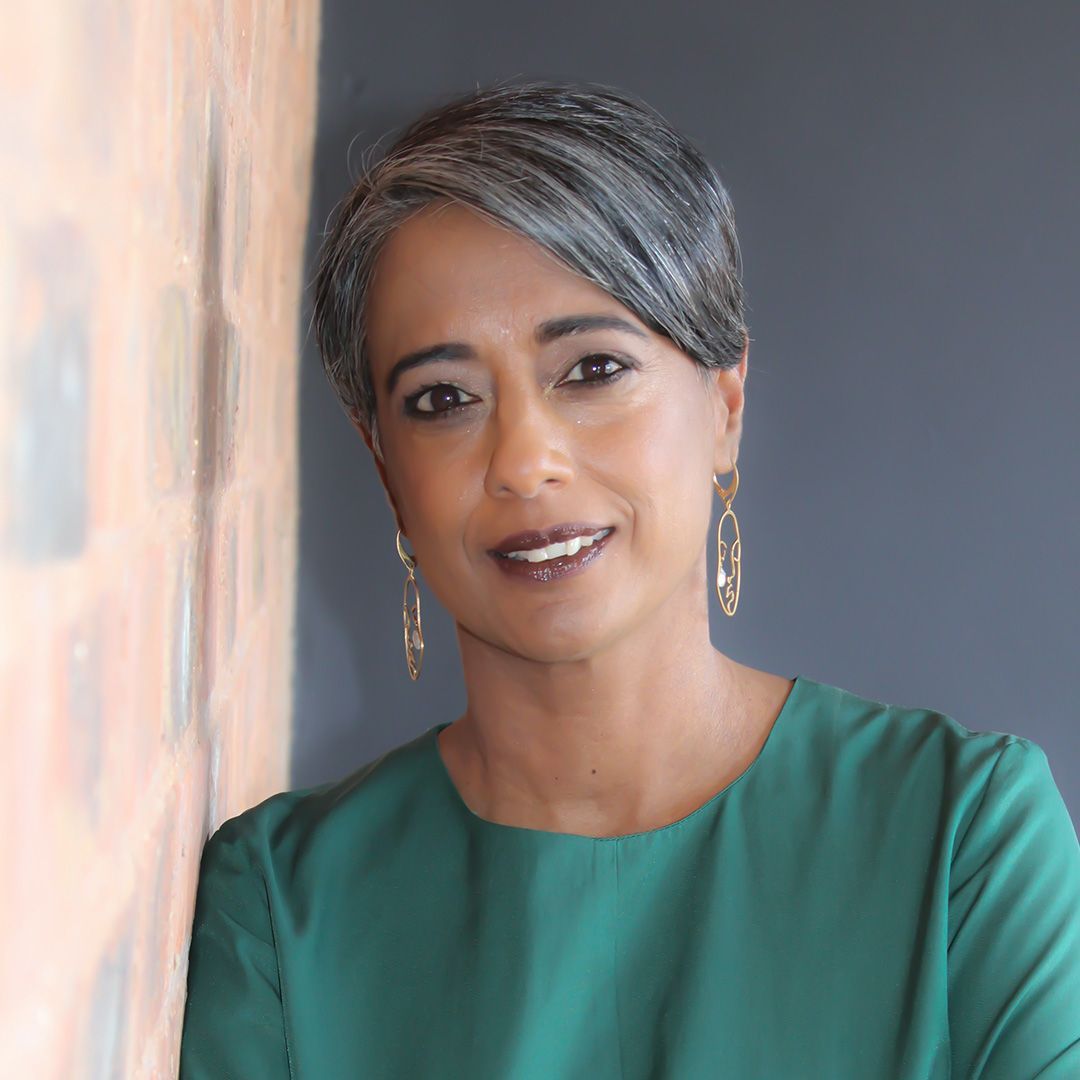Dynamite comes in small packages: Tiny Tshiamo celebrates her first birthday
Tshiamo Risimati was born prematurely weighing only 585 grams. She recently celebrated her first birthday, and her parents are looking forward to their first family Christmas at home.
Proud parents of premature baby recall Christmas 2023 in NICU
When a young mom-to-be’s blood pressure dangerously increased during pregnancy and medication failed to bring it down, the best hope for mother and baby was an emergency c-section. A year later, the resilient mother reflects on the emotional rollercoaster of the past year and looks forward to her extremely premature daughter’s first Christmas at home.
“My blood pressure escalated out of control around 26 weeks into my pregnancy. At 28 weeks, on 13 October 2023 my obstetrician, who has since retired, admitted me for observation at Netcare Krugersdorp Hospital,” says Tshiamo’s mother, Ntsako Risimati.
Tests revealed the risk to Ntsako and her unborn baby was becoming critical, and the next day, on 14 October 2023, the anxious expectant mother and father, Benny, were advised to prepare for the imminent delivery of their highly premature daughter.
“I was not prepared for this; I was going to the theatre in 30 minutes to have the baby, which was only expected on 15 January 2024. I was extremely scared. I had to be put under anaesthetic to better control my blood pressure, and when I woke up, they explained my daughter was already in the neonatal intensive care unit [NICU],” says Ntsako.
A “very tiny” Tshiamo made her entrance into the world weighing a mere 585 grams, little more than a block of butter, and unable to breathe for herself. “As well as being premature, she was so tiny because hypertension limits the growth of the foetus, so my baby’s growth was behind by two weeks of her gestation age, too.
“I also had to be moved to intensive care as my blood pressure refused to go down, and I couldn’t go and see her. My partner and the NICU nurses were really amazing, showing me photos and videos of Tshiamo so I could feel closer to her. One of the nurses even made a footprint of her tiny foot, which I treasure even now, and that inspired me to fight for my life.”
Paediatrician Dr Leonie De Jager remembers Tshiamo as “a fighter from the very start”. “Being born so small is very risky, and the chance of survival is not very good, not even talking about survival without complications,” she says.
“Tshiamo’s lungs were not quite mature enough for her to be able to breathe without a ventilator, which she required for the first five weeks. She also needed strong medication to keep her blood pressure stable, as Tshiamo’s blood pressure was low, and she had some heart problems that made her struggle to keep up with her body’s demands. Feeding was also challenging. Despite all these things, Tshiamo pulled through.”
Paediatrician Dr Aurelie Gerin took over Tshiamo’s care in December 2023 when Dr De Jager emigrated to Australia. “By this time, Tshiamo had reached 1 400 grams and her growth corrected to 39/40 weeks’ gestation, which is the stage of development most babies reach at birth. Tshiamo was still oxygen dependent, and she was being treated for her congenital heart defect, a hole in her heart.
The multidisciplinary team caring for Tshiamo included the dedicated and caring nurses of the NICU, a speech therapist who assisted with developing her feeding ability, a neurophysiotherapist, and the paediatricians.
“Due to her complex illnesses and extreme prematurity, Tshiamo wasn’t gaining weight as she should. She had periods of feeding intolerance, where she was reliant on intravenous fluids. Her liver enzymes were mildly elevated, this was managed supportively and fortunately resolved over time.”
As soon as Tshiamo was strong enough, the nurses helped her parents begin skin-to-skin contact. “At first, we were scared to even look at Tshiamo she was so tiny, and I was terrified that I might drop her. The nurses reassured us and showed us how to lie with her falling asleep on our chests and it was the most amazing feeling,” Ntsako recalls.
Netcare’s neonatal intensive care facilities promote kangaroo care, or skin-to-skin contact, as it has numerous proven benefits for parents and babies. These include improving the baby’s temperature regulation, which enhances growth, helping the baby’s skin mature and develop a healthy microbiome, helping to develop the immune system, stabilising the baby’s heart rate, oxygen level, breathing and blood pressure, and promoting bonding, among others.
“We are so grateful to all the doctors, nurses and therapists who were involved in caring for Tshiamo and our family during this time. The staff at Netcare Krugersdorp Hospital, especially the NICU team, were really wonderful throughout this emotionally and physically taxing time. I asked a million questions, and just when I got home from visiting her, I would immediately phone them for an update, and they were so kind.”
As Christmas approached, Tshiamo’s parents were determined to make the day memorable for their daughter. They brought festive cheer to the NICU, including decorating their daughter’s cot and dressing her in an adorable miniature Christmas outfit.
“All we wanted was to bring her home, but she was still struggling with the effects of the hole in her heart, and she was still on nasal flow oxygen. All doctors and nurses love our babies, and they take good care of them. They also encouraged us to take care of ourselves, and I was truly grateful to have this dedicated team looking after our daughter.”
Dr Gerin says that Tshiamo’s health has gradually improved. “The hole in her heart eventually closed spontaneously, fortunately without the need for surgery. Tshiamo was successfully weaned off oxygen, to the relief of her parents, and discharged home on Valentine’s Day, 14 February, at 45/40 weeks corrected age in mid-January 2024, weighing just less than 3kg.
“Tshiamo is, of course, a very small baby, and she will most likely remain small throughout her life, however, she has been doing beautifully at home. Dynamite comes in small packages, and Tshiamo has shown us that although she is small, she is very strong. She is a testament that through love, expertise, care, and committed hard work, micro-premature babies like Tshiamo can have excellent outcomes,” Dr Gerin says.
“Tshiamo crept into my heart from the first day she said hello to the world. Now she is developing well, and who would ever know that she spent the first few months of her life fighting for the basic things we often take for granted,” Dr De Jager says.
Ntsako says that celebrating Tshiamo’s first birthday at home and looking forward to the family’s first Christmas together is like a dream come true.
“Tshiamo is a happy, feisty little girl and she is growing up and getting stronger. We are continuing with physiotherapy to help her reach her milestones and she is doing so well. She can sit independently and is learning to crawl. She is eating solids, and her favourite is broccoli with butter. We are so thankful for the progress Tshiamo has made, and we will never forget the NICU team at Netcare Krugersdorp Hospital for the care they showed us,” Tshiamo’s parents concluded.
















